Mississippi Today
Attala County farmers open training center to teach farming to youth
MCCOOL – Teresa Springs looks out at the farmland that her husband Kevin Springs inherited in 2016.
After Kevin's mother's health declined, she transferred over the 73-acre farm to him. The Springses had no plans of moving from Florida to McCool, Mississippi, and they had no experience in farming.
Instead of selling the property, the two decided to take on the task of bringing the farm back to life. They attended conferences, read books and conducted research online to prepare themselves as farmers. Teresa and Kevin's Oasis, TKO Farming, was born.
“When Teresa and I came here, this wasn't here,” Kevin said. “The land was here, but there was no one here to steward it. There was no one here to build upon it and create a blossoming future for other people, so we hit the ground running.”
On Juneteenth, they broke ground for their Southern-Agrarian Trading Center under their company Ancestral Be-kin, which is located on the farmland. The goal of the center is to preserve the Black agrarian legacy by teaching sustainable agricultural and land-based skills to young Black farmers and youth. Their vision is to bridge the gap between older Black farmers and the next generation of those interested in farming and agrarian living.
The center will be a space that merges generations of Black farmers and cultural workers. It will give student groups and interns the opportunity to have several days to be mentored and learn about food injustice and sustainable agriculture. The Springses want this to be a learning space regardless of experience levels.
“This little slice of real estate will be here to help other folks,” Kevin said.“This land has liberated us, and it has allowed us to continue to try and give that to other folks.”
In their research, the couple discovered that the farm, which had been in Kevin's family for four generations, was a central Mississippi farm that was operated cooperatively by Black families. The families shared farming resources and expertise in the early to mid-20th century.
In 2017, Kevin attended a Winston County Self Help Cooperative meeting and expressed to the local elder farmer that he didn't know anything about farming and pleaded for help. The couple relied heavily on the group's experience and wisdom for the successful development of the farm's operations.
“We've had a lot of support from a lot of people,” Kevin said. “It may seem like it's just me and Teresa, but it's definitely a group effort.”
Today, the Springses are growing the farm and sharing information with a younger generation, just as they learned from their elders at the start of their farming journey.
They have created an “Education Exchange” which allows them to teach college students about Black land stewardship. They also mentor youth groups at a local church and teach them the basics of gardening and farming.
“A lot of times I apologize to young people because I feel that we are leaving them a wounded world,” an emotional Teresa said. “That's why TKO Farming started.”
For more information about TKO Farming and to support the build of the Southern Agrarian Training Center, visit GoFundMe.
This article first appeared on Mississippi Today and is republished here under a Creative Commons license.
Mississippi Today
On this day in 1896


MAY 18, 1896

The U.S. Supreme Court ruled 7-1 in Plessy v. Ferguson that racial segregation on railroads or similar public places was constitutional, forging the “separate but equal” doctrine that remained in place until 1954.
In his dissent that would foreshadow the ruling six decades later in Brown v. Board of Education, Justice John Marshall Harlan wrote that “separate but equal” rail cars were aimed at discriminating against Black Americans.
“In the view of the Constitution, in the eye of the law, there is in this country no superior, dominant, ruling class of citizens,” he wrote. “Our Constitution in color-blind and neither knows nor tolerates classes among citizens. In respect of civil rights, all citizens are equal before the law. The humblest is the peer of the most powerful. The law … takes no account of his surroundings or of his color when his civil rights as guaranteed by the supreme law of the land are involved.”
This article first appeared on Mississippi Today and is republished here under a Creative Commons license.
Did you miss our previous article…
https://www.biloxinewsevents.com/?p=359301
Mississippi Today
Renada Stovall, chemist and entrepreneur
Renada Stovall sat on the back deck of her rural Arkansas home one evening, contemplating life when she had a life-altering epiphany…
“I gotta get out of these woods.”
She heard it as clear as lips to her ear and as deep as the trees surrounding her property. Stovall's job as a chemist had taken her all over the country. In addition to Arkansas, there were stints in Atlanta, Dallas and Reno. But she was missing home, her parents and friends. She also knew, she needed something else to do.
“I thought, what kind of business can I start for myself,” said Stovall, as she watered herbs growing in a garden behind her south Jackson home. Some of those herbs are used in her all-natural products. “I know when I lived in Reno, Nevada, where it's very hot and very dry, there really weren't products available that worked for me, my hair, and my skin suffered. I've got a chemistry degree from Spelman College. I took the plunge and decided to create products for myself.”

In 2018, Stovall's venture led to the creation of shea butter moisturizers and natural soaps. But she didn't stop there, and in December 2022, she moved home to Mississippi and got to work, expanding her product line to include body balms and butters, and shampoos infused with avocado and palm, mango butter, coconut and olive oils.
Nadabutter, which incorporates Renada's name, came to fruition.

Stovall sells her balms and moisturizers at what she calls, “pop-up markets,” across the state during the summer. She's available via social media and also creates products depending on what of her ingredients a customer chooses. “My turmeric and honey is really popular,” Stovall added.
“The all-natural ingredients I use are great for conditioning the skin and hair. All of my products make you feel soft and luscious. The shea butter I use comes from West Africa. It's my way of networking and supporting other women. And it's my wish that other women can be inspired to be self-sufficient in starting their own businesses.”





This article first appeared on Mississippi Today and is republished here under a Creative Commons license.
Mississippi Today
On this day in 1954
MAY 17, 1954

In Brown v. Board of Education and Bolling v. Sharpe, the U.S. Supreme Court unanimously ruled that the “separate but equal” doctrine in Plessy v. Ferguson was unconstitutional under the 14th Amendment, which guaranteed equal treatment under the law.
The historic decision brought an end to federal tolerance of racial segregation, ruling in the case of student Linda Brown, who was denied admission to her local elementary school in Topeka, Kansas, because of the color of her skin.
In Mississippi, segregationist leaders called the day “Black Monday” and took up the charge of the just-created white Citizens' Council to preserve racial segregation at all costs.
This article first appeared on Mississippi Today and is republished here under a Creative Commons license.
-
SuperTalk FM5 days ago
Martin Lawrence making 3 stops in Mississippi on comedy tour
-
Our Mississippi Home4 days ago
Beat the Heat with Mississippi’s Best Waterparks
-
Our Mississippi Home5 days ago
Charlie’s U-Pik: Opening Soon for the Summer Season
-
Mississippi News Video7 days ago
Local dentists offer free dental care in Amory
-
SuperTalk FM22 hours ago
State auditor cracking down on Mississippians receiving unemployment benefits
-
Mississippi News Video3 days ago
Jackson has a gang problem
-
Kaiser Health News4 days ago
Medicaid ‘Unwinding’ Decried as Biased Against Disabled People
-
Mississippi Today2 days ago
On this day in 1950
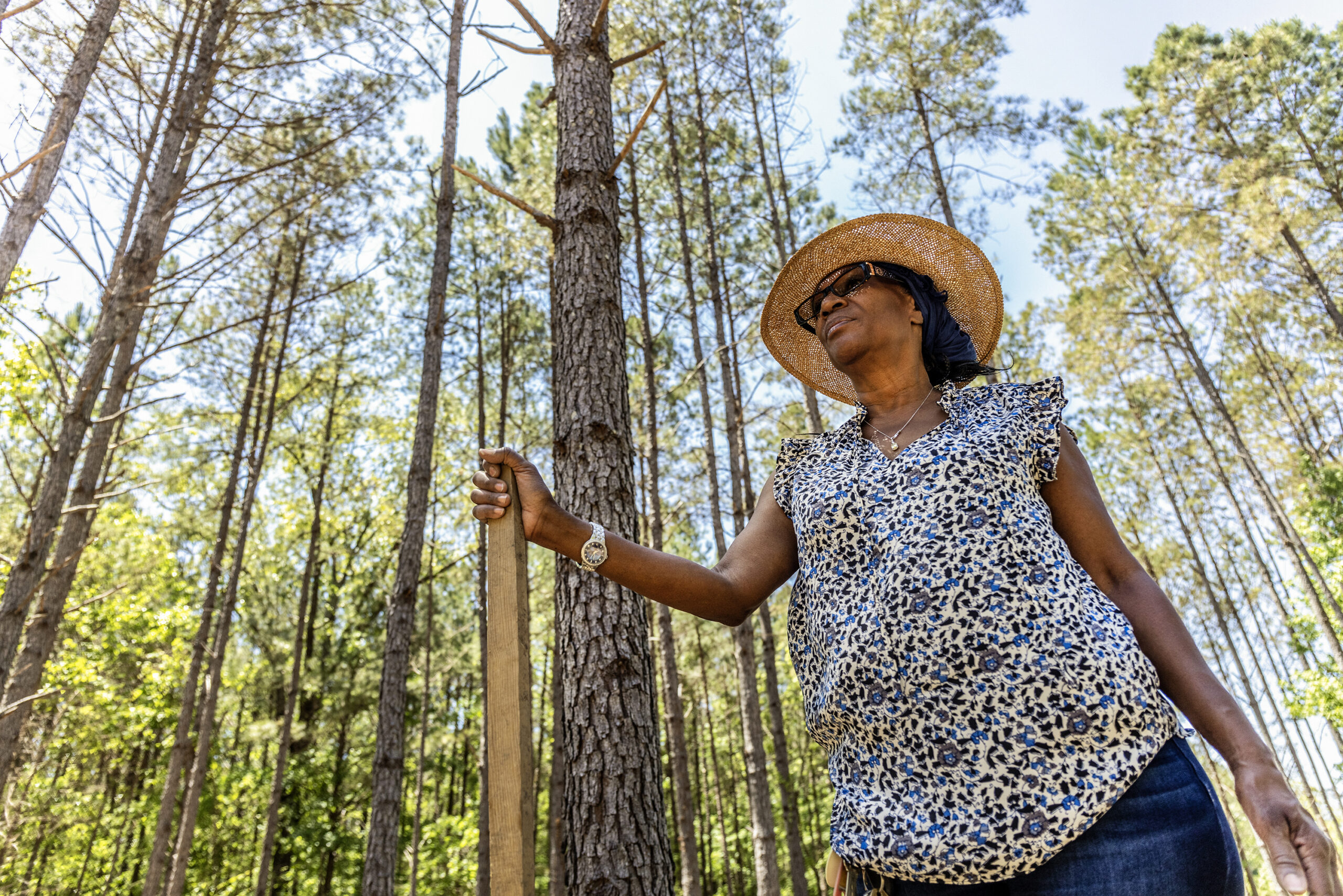








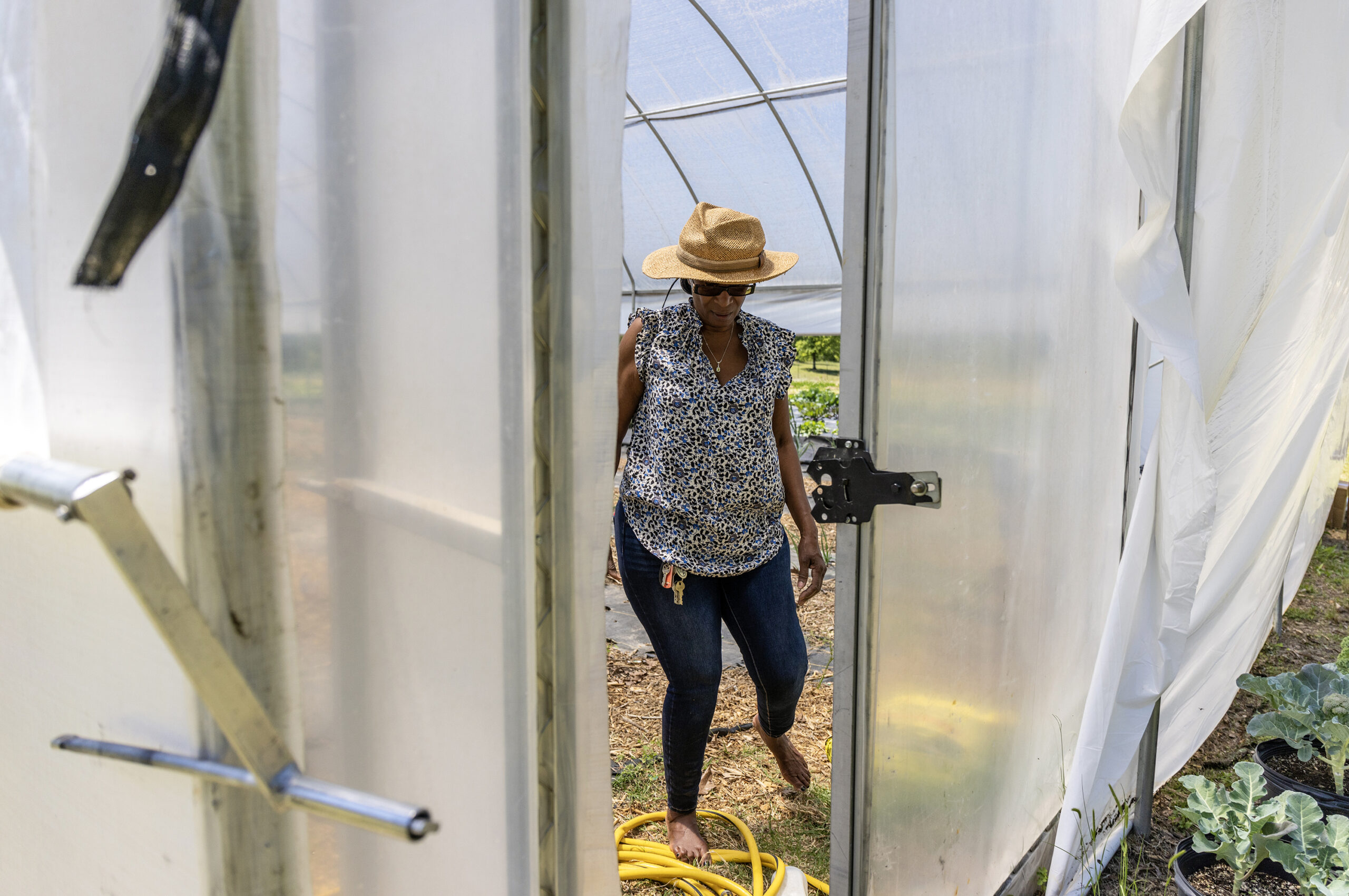















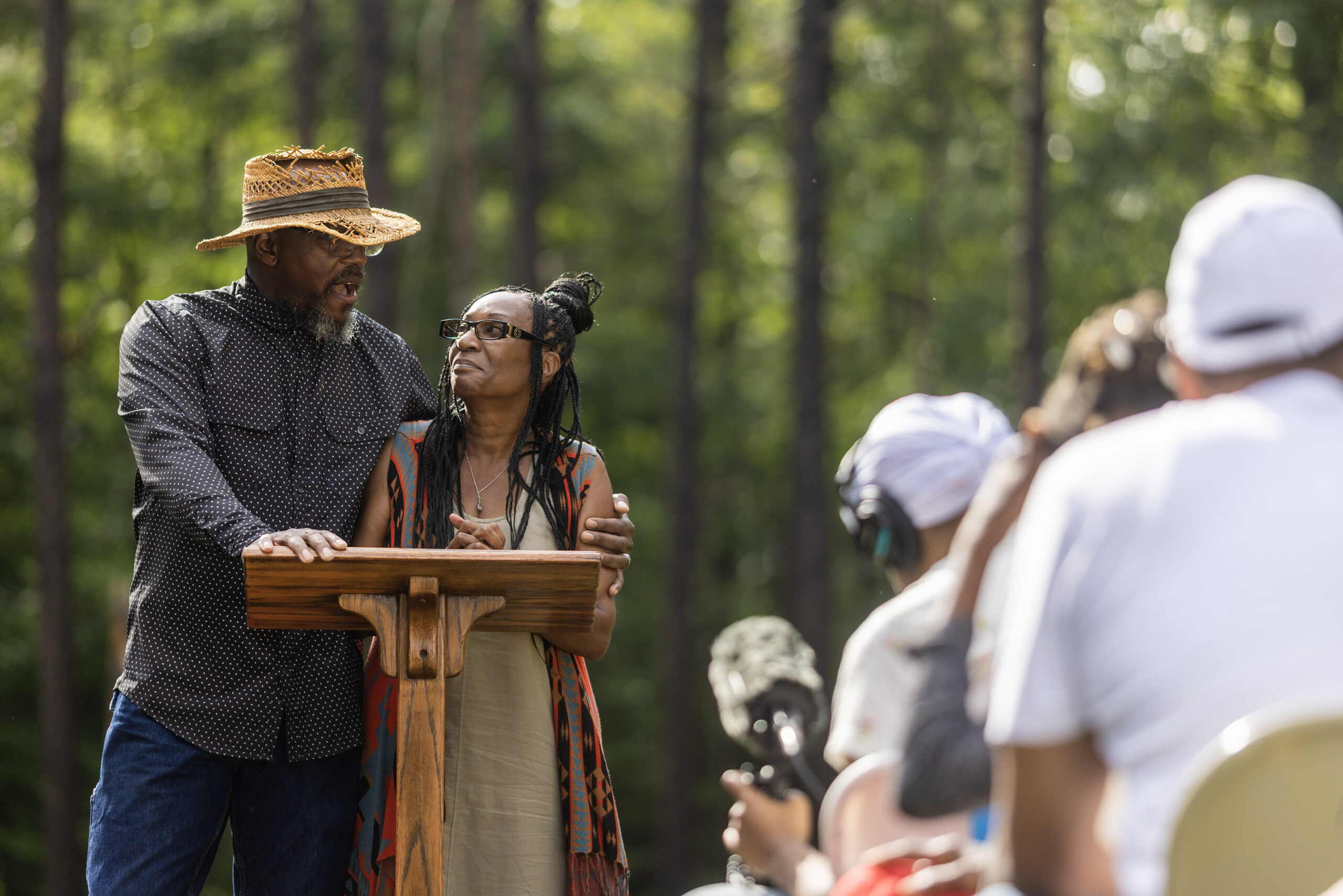

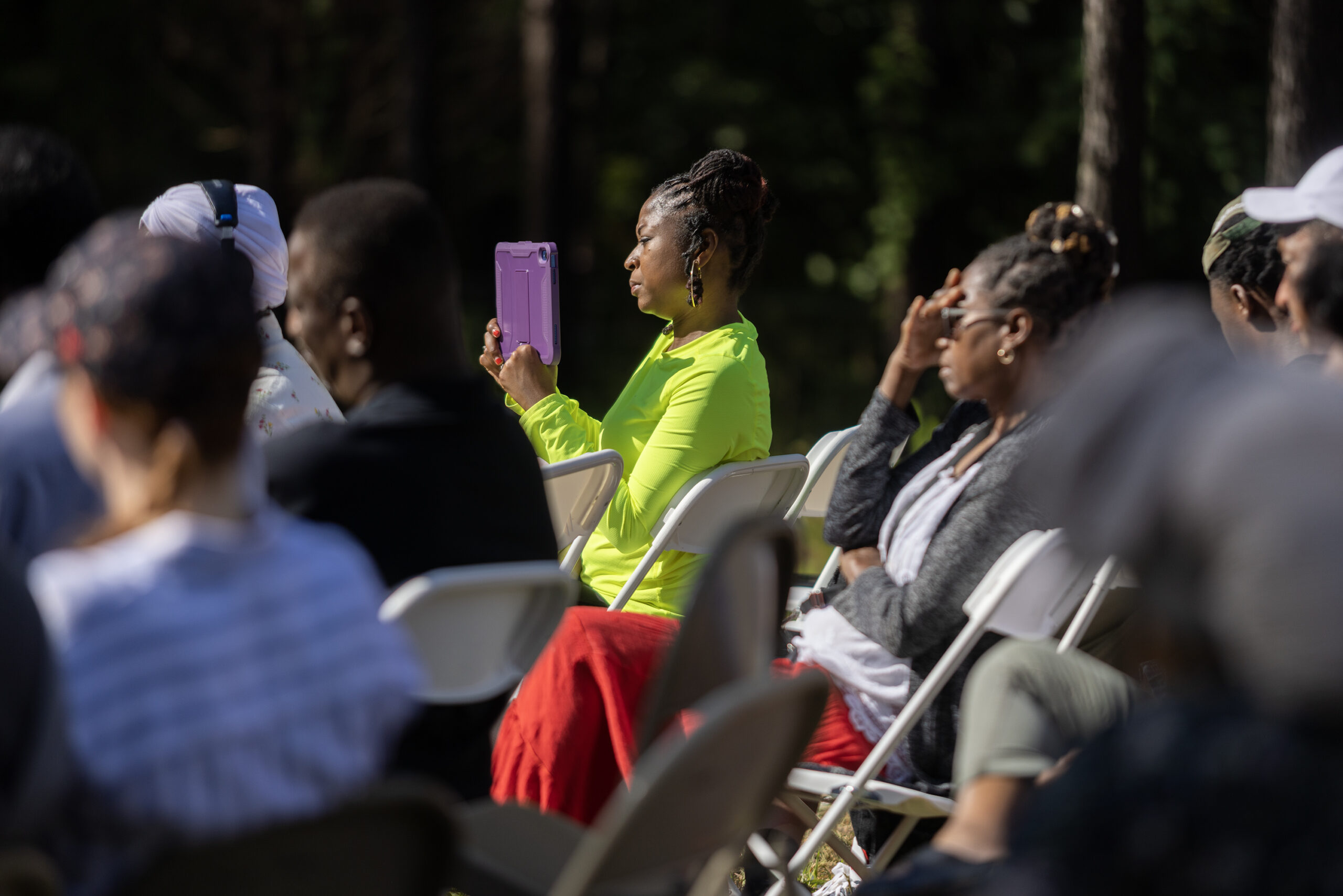
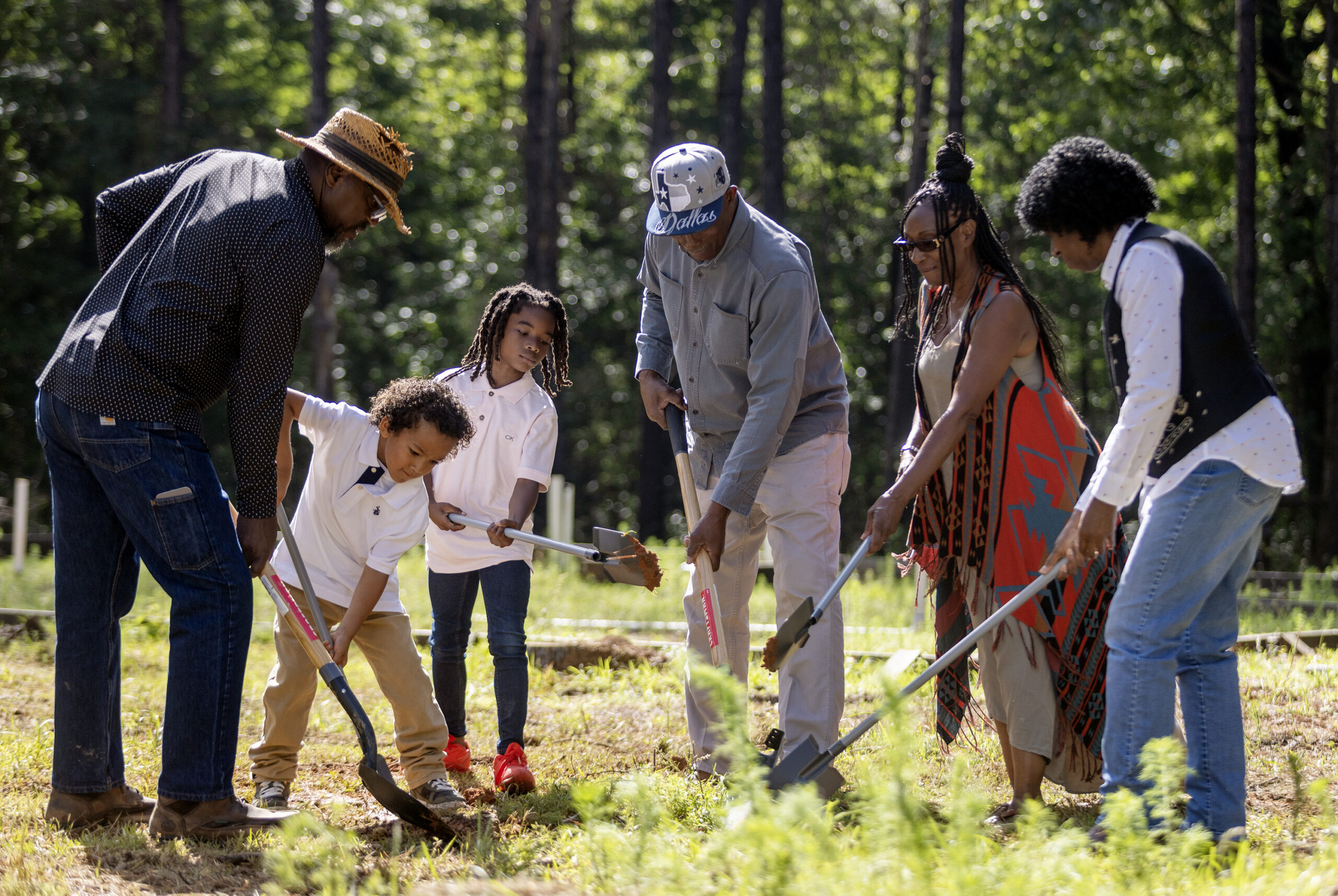






























![HIGH SCHOOL SOFTBALL: Vancleave @ East Central (5/9/2024) [5A Playoffs, South State]](https://www.biloxinewsevents.com/wp-content/uploads/2024/05/1715460379_maxresdefault-80x80.jpg)









